Publications
Articles, publications, books, tools and multimedia features from the U.S. Institute of Peace provide the latest news, analysis, research findings, practitioner guides and reports, all related to the conflict zones and issues that are at the center of the Institute’s work to prevent and reduce violent conflict.
Question And Answer
Amid a Changing Global Order, NATO Looks East
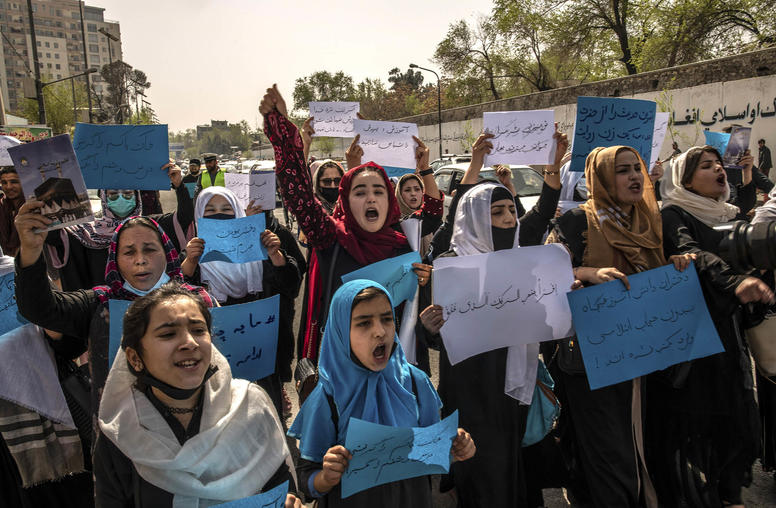
The Taliban Continue to Tighten Their Grip on Afghan Women and Girls
Since the Taliban’s August 2021 takeover of Afghanistan, they have ratcheted up restrictions on women and girls as the group consolidates power. These restrictions include limitations on employment, education, public interactions and other fundamental rights such as access to justice. These restrictions have only tightened over time with increasingly draconian enforcement — the latest being public floggings that harken back to the Taliban’s 1990s rule. Amid the U.N.’s 16 Days of Activism against Gender-Based Violence, USIP has compiled a comprehensive archive of Taliban decrees and public statements on the treatment of women and girls. While leaders and activists around the globe strategize and develop plans to address gender-based violence in their respective countries, Afghanistan stands out as a worst-case example, with two decades of hard-won progress rapidly unwinding.

The Challenges Facing Afghans with Disabilities
In Afghanistan, obtaining accurate data on the number of persons with disabilities — including gender-disaggregated information — has always been a challenging endeavor. But based on the data we do have, it’s clear that more than four decades of violent conflict have left a considerable portion of the Afghan population grappling with various forms of disabilities, both war-related and otherwise. And the pervasive lack of protective mechanisms, social awareness and empathy surrounding disability continue to pose formidable challenges for individuals with disabilities, with women being disproportionately affected.
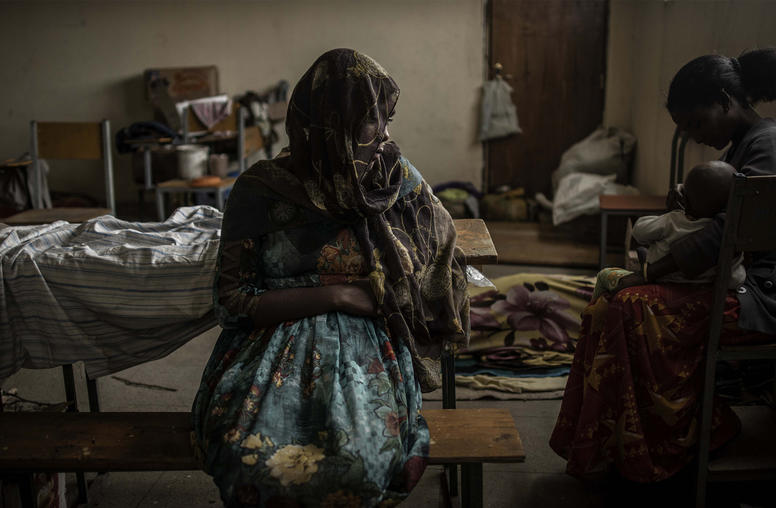
We Have Strategies to Address Gender-Based Violence — It’s Time to Implement Them
Gender-based violence against women and girls is the most pervasive breach of human rights worldwide and a tactical weapon that is fueling violent conflict. In just the last year, we have witnessed an increase in targeted attacks on women leaders, push back against women’s rights, shrinking of civil society space, virulent online harassment, and conflict-related sexual violence all in conjunction with the strengthening of authoritarianism and state aggression. This unparalleled trend is evident in many countries, including Afghanistan, Ethiopia, Iran, Myanmar and Russian-occupied Ukraine.
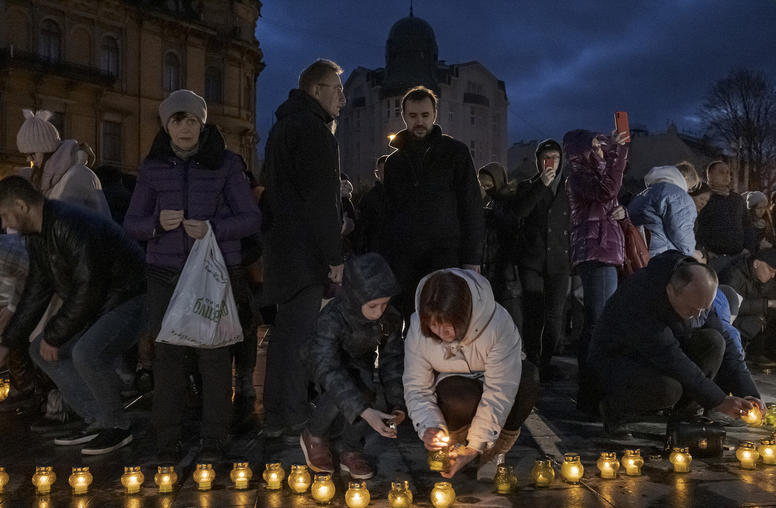
How to Achieve Accountability for Atrocities in Ukraine
Russia’s invasion of Ukraine has resulted in a remarkable alignment of international actors supporting accountability processes. The international community — states, regional bodies, civil society and the U.N. — has provided funding and expertise to the Ukrainian government and launched documentation and evidence collection efforts, fact-finding missions and criminal investigations into Russia’s invasion and the crimes committed against Ukrainian civilians. The progress made to date stands to advance the rights of Ukrainians and other vulnerable communities faced with aggressive state action. Moving forward, this united effort will require the coordination, creativity and sustained political will to ensure that perpetrators are held accountable, and that justice is delivered to victims.
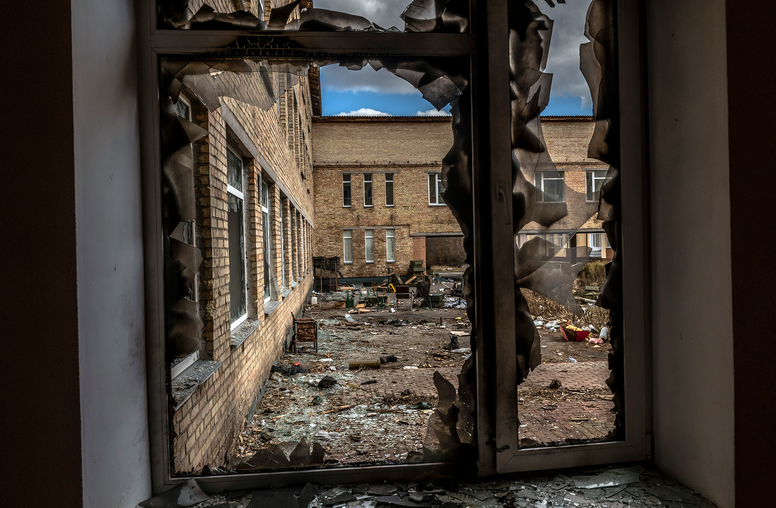
Will the Ukraine War Renew Global Commitments to the International Criminal Court?
The international response to Russia’s February 2022 invasion of Ukraine has resulted in the highest level of support for the International Criminal Court (ICC) since its creation 20 years ago. Forty-three states parties to the Rome Statute, the ICC’s foundational treaty, have referred the conflict to the Court for investigation. States — both state parties and non-state parties to the Rome Statute — have stepped up to support investigative efforts through financial resources and intelligence.
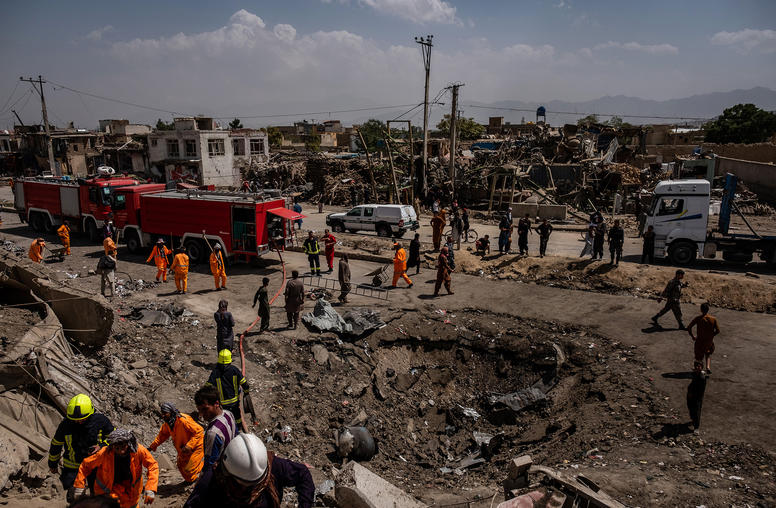
Intolerance of Atrocity Crimes in Ukraine Should Apply to Afghanistan
Russia’s war of aggression against Ukraine has caused massive loss of life and destruction of property, forcing millions to seek refuge in neighboring countries. There is mounting evidence that the Russian military has committed war crimes and crimes against humanity, intentionally attacking Ukrainian civilians. The urgent attention that Western countries have given to Russian war crimes and other atrocities in Ukraine has the potential to provide some accountability for gross violations of human rights as well as to shore up a faltering framework of international human rights law.
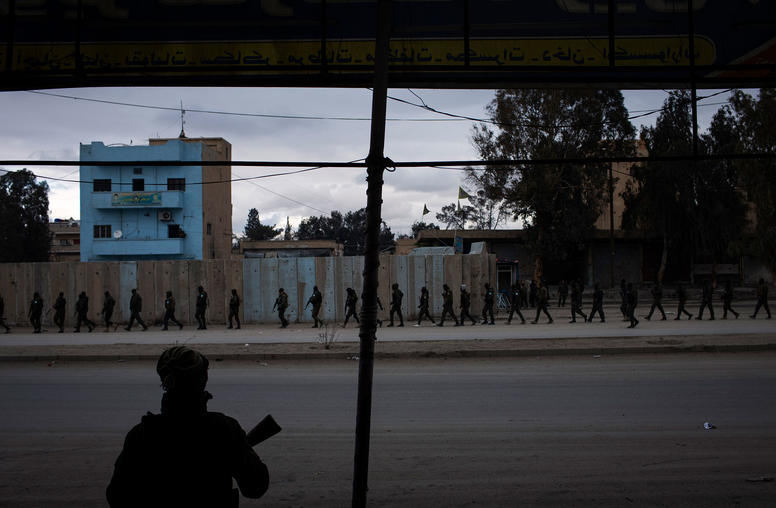
Al-Hol: Displacement Crisis is a Tinderbox that Could Ignite ISIS 2.0
More than three years after ISIS’s territorial defeat, the vexing challenge of displacement threatens to provoke the rise of ISIS 2.0 if not adequately addressed. The May 11 Global Coalition to Defeat ISIS ministerial meeting in Marrakech, Morocco highlights these concerns over the evolving threat the so-called Islamic State still poses. The Marrakech meeting coincides with both growing disquiet at deteriorating humanitarian and security conditions in the al-Hol displacement camp in northeast Syria — ground zero for the ISIS-related displacement crisis — and some hope for a path forward.
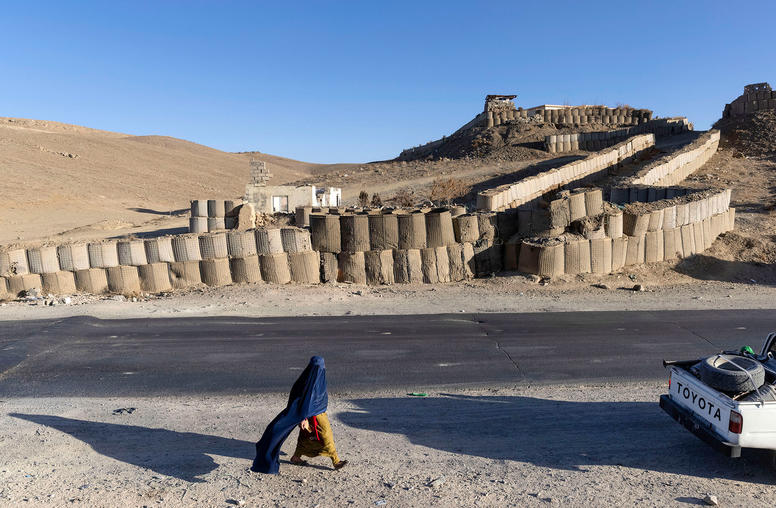
How the Taliban’s Hijab Decree Defies Islam
The Taliban continued this week to roll back Afghan women’s rights by decreeing women must be fully covered from head to toe — including their faces — to appear in public. This follows decrees limiting women’s ability to work, women’s and girls’ access to education and even limiting their freedom of movement. Afghan women are rapidly facing the worst-case scenario many feared when the Taliban took over last summer. While the Taliban justify these moves as in accordance with Islam, they are, in fact, contradicting Islamic tradition and Afghan culture as the group looks to resurrect the full control they had over women and girls when they ruled in the 1990s.
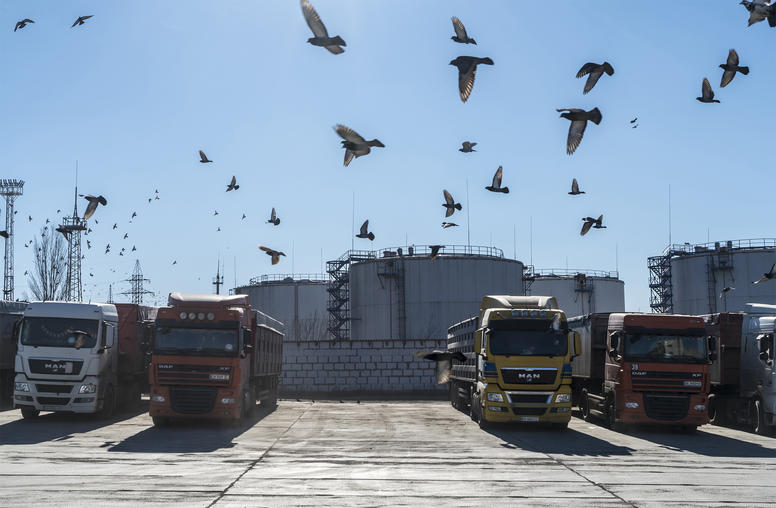
The Ukraine War is Deepening Global Food Insecurity — What Can Be Done?
Even before Russia invaded Ukraine, the global economy was suffering from the repercussions of several man-made conflicts, climate shocks, COVID-19 and rising costs — with devastating consequences for poor people in low-income and developing countries. The war in Ukraine — a major “breadbasket” for the world — is deepening these challenges on an unprecedented scale. In the immediate, swift and bold action is required by both wealthy and low-income nations to avert further humanitarian and economic catastrophe.
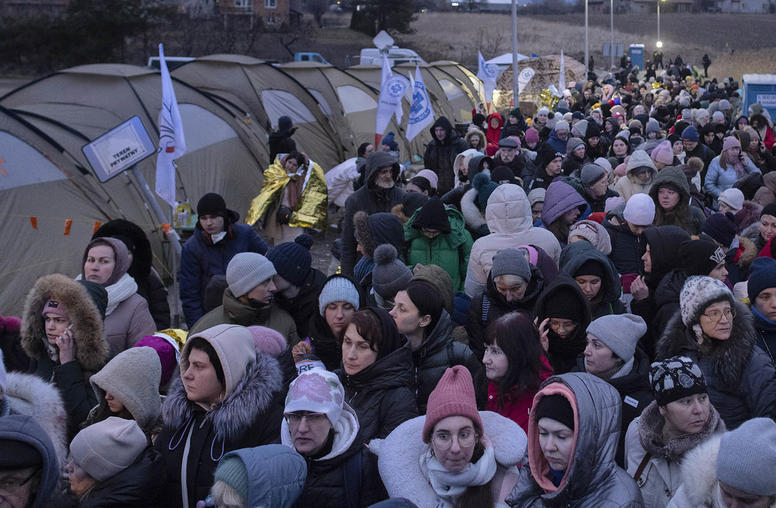
Russia’s War Has Created a Human Trafficking Crisis, Says U.N. Envoy
The humanitarian crisis caused by Russia’s war in Ukraine is rapidly turning into a human trafficking one in which women and children, who make up the majority of the refugees fleeing the war, are being exploited, according to the United Nations Special Representative on Sexual Violence in Conflict Pramila Patten. She said there is an urgent need for a “coordinated regional approach” to what she described as “a crisis within a crisis.”